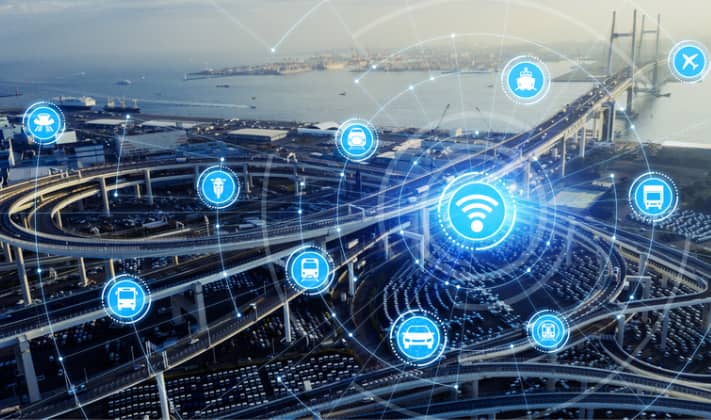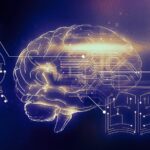Exploring the Potential of IoT in Smart Cities
In the age of rapid urbanization and technological advancement, Smart Cities emerge as beacons of innovation, integrating cutting-edge technologies to enhance the quality of life for their inhabitants. At the heart of this transformation lies the Internet of Things (IoT), a network of interconnected devices and sensors that seamlessly communicate and collect data. This article delves into the boundless potential of IoT in Smart Cities, unraveling its transformative capabilities and the promising vision it holds for urban living.

Creating a Connected Ecosystem
IoT forms the backbone of Smart Cities, weaving together a complex web of interconnected devices and systems. From smart infrastructure to public services, IoT enables seamless communication and data exchange, creating an interconnected ecosystem that efficiently responds to the needs of citizens.
Efficient Traffic Management
In bustling urban environments, traffic congestion poses a significant challenge. IoT-powered traffic management systems employ real-time data from sensors, cameras, and GPS devices to optimize traffic flow. Smart traffic lights and adaptive signal control intelligently regulate traffic, reducing congestion and minimizing commute times.
Sustainable Resource Management
IoT plays a pivotal role in sustainable resource management, enabling cities to optimize energy consumption and waste management. Smart grids intelligently distribute electricity, while sensors monitor water usage and manage waste collection efficiently, contributing to environmental preservation.
Enhanced Public Safety
Safety is a paramount concern in Smart Cities, and IoT technologies bolster security measures. Smart surveillance cameras with facial recognition capabilities, connected emergency response systems, and real-time data analysis ensure swift action and proactive crime prevention.
Smart Healthcare Solutions
IoT applications extend to the healthcare sector, providing remote patient monitoring and improved healthcare services. Wearable devices and medical sensors collect vital data, allowing healthcare professionals to deliver personalized care and early intervention.
Improved Urban Planning
IoT empowers urban planners with data-driven insights to make informed decisions. Through real-time data on population movements, energy usage, and environmental factors, cities can optimize land use, infrastructure development, and disaster preparedness.
Citizen Engagement and Participation
Smart Cities foster citizen engagement through IoT-driven platforms that encourage public participation. From smart parking apps to interactive community spaces, IoT enhances citizen experiences, encouraging active involvement in urban development.
Challenges and Considerations
While IoT presents immense opportunities, Smart Cities must address certain challenges. Data security and privacy protection are critical concerns as vast amounts of sensitive data are collected and transmitted. Additionally, interoperability among diverse IoT systems requires robust standards to ensure seamless integration.
Paving the Way for the Cities of Tomorrow
As IoT-driven Smart Cities continue to evolve, they exemplify the potential of technology to shape the urban landscape. By harnessing the power of interconnected devices and real-time data, these cities offer a vision of efficiency, sustainability, and citizen-centric living. However, as we embark on this transformative journey, it is essential to strike a balance between innovation and responsible governance. With a commitment to privacy, security, and ethical practices, Smart Cities of tomorrow can pave the way for a more connected, sustainable, and prosperous urban future.
